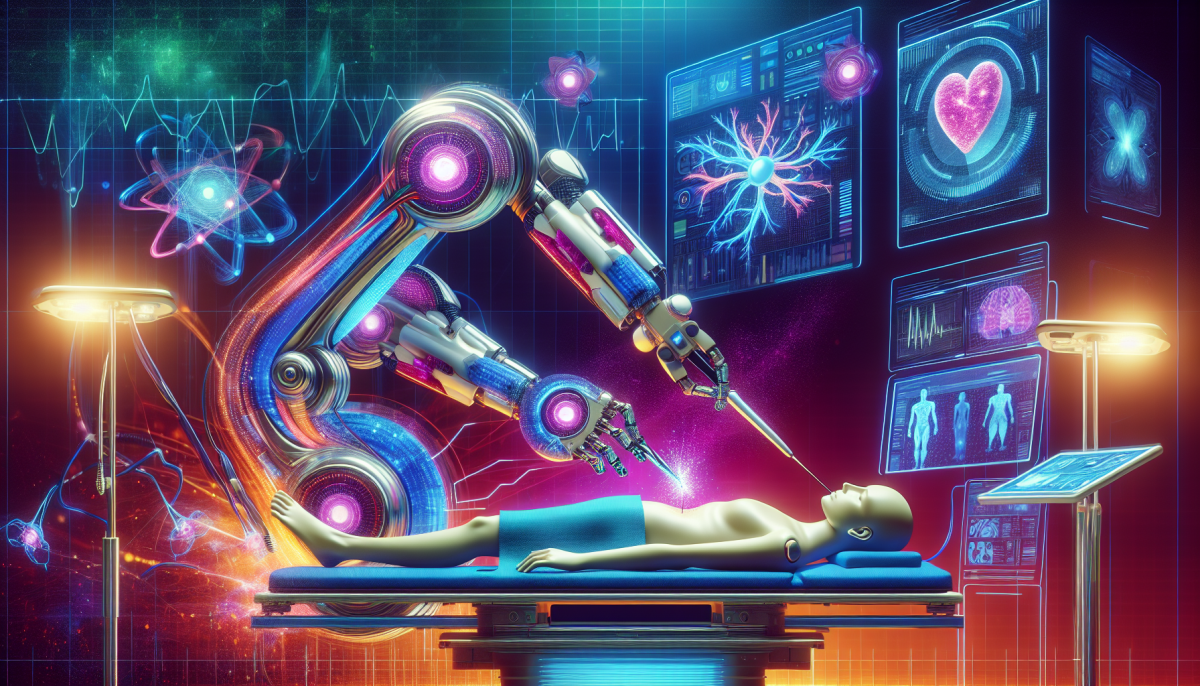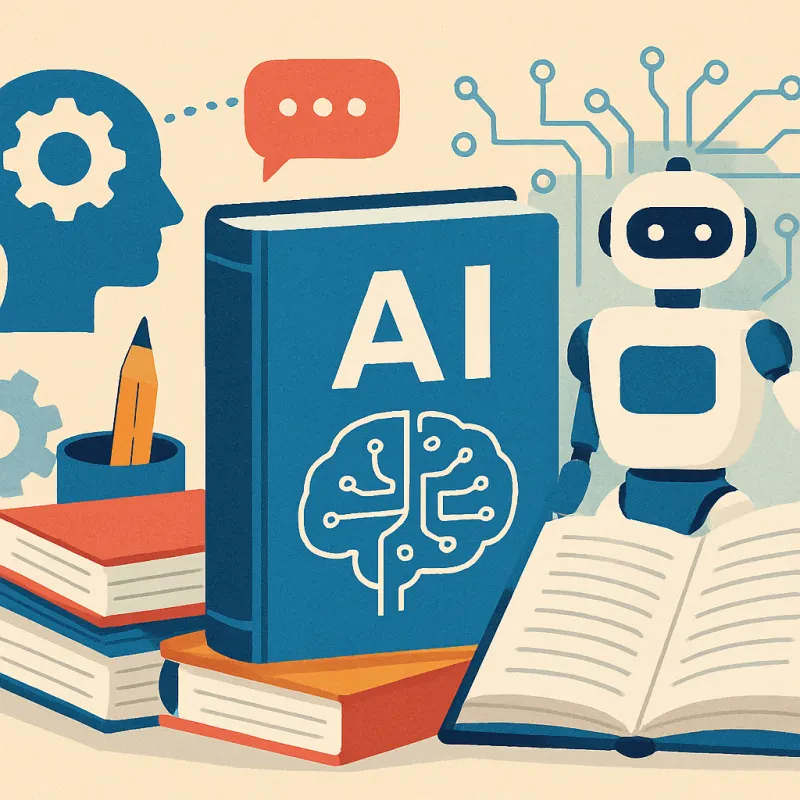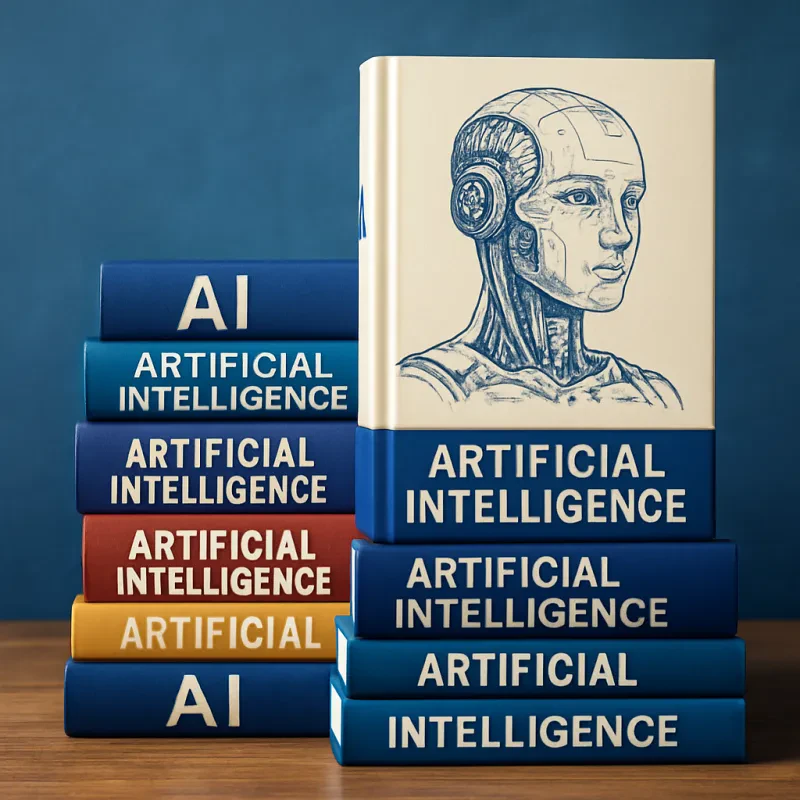AI is making a big impact in healthcare, especially when it comes to patient care. Doctors now have powerful tools to help them diagnose issues quickly and accurately. Imagine walking into a doctor's office, and with just a quick scan or test, your healthcare provider gets instant insights about your condition. That’s thanks to AI algorithms analyzing loads of data at lightning speed. This means less waiting time for results and faster treatment options for patients.
One of the coolest things about AI is its ability to personalize care. Every patient is different, and AI helps tailor treatment plans based on individual needs. By looking at patient history, genetics, and even lifestyle choices, AI can suggest the best medications and therapies. It’s like having a customized health plan that fits you perfectly, instead of a one-size-fits-all approach.
AI doesn’t just stop at diagnosis and treatment plans. It also improves patient engagement. Chatbots and virtual assistants are changing how we interact with healthcare. They can answer questions about symptoms, remind you to take medications, and even provide emotional support. This means patients feel more connected and informed, which can lead to better health outcomes.
Finally, AI helps healthcare providers stay on top of everything. With predictive analytics, hospitals can anticipate patient needs and manage resources effectively. This keeps wait times down and ensures that everyone gets the attention they deserve. So, not only does AI make healthcare smarter, but it also makes it more compassionate.
Smart Solutions for Efficient Diagnosis
Artificial Intelligence is changing the game when it comes to diagnosing health issues. With smart tech at our fingertips, doctors can pinpoint problems faster and with greater accuracy. Imagine walking into a clinic and having your condition evaluated in a matter of minutes using advanced algorithms and machine learning.
These AI systems sift through mountains of data, from medical histories to lab results. They can help identify patterns that a typical human might overlook. This means quicker diagnoses for conditions like cancer, diabetes, or heart disease, allowing patients to start treatment sooner. It's all about making healthcare smarter!
Some AI tools even provide real-time feedback during patient exams. For example, they can analyze imaging results right away, flagging any unusual findings. These features save valuable time and can lead to better outcomes. No one wants to wait around nervously for results, right?
Plus, AI can keep learning as it processes more data. It continuously improves, adapting to new information and refining its diagnostic abilities. This is huge because it means that the technology gets better over time, helping doctors make even more informed decisions.
Transforming Data into Actionable Insights
Data in healthcare is a treasure trove just waiting to be explored. Imagine having access to mountains of patient information, treatment outcomes, and even genetic data, all at your fingertips. Turning that data into actionable insights can dramatically improve patient care. By using AI tools, healthcare providers can analyze vast amounts of data quickly and accurately.
With AI, doctors get a clearer picture of individual patient needs. Instead of making guesses based on limited information, they can see trends and patterns that emerged from years of collected data. This means better diagnosis and personalized treatment plans. Who wouldn't want a treatment tailored specifically for them?
Plus, AI helps predict potential health issues before they even happen. Think of it as having a crystal ball for health. By examining historical data, AI can spot warning signs, allowing preventive measures that save lives. This proactive approach can change the game in healthcare.
But it's not just about predicting problems. AI also streamlines processes in hospitals, reducing wait times and improving efficiency. When systems run smoothly, healthcare providers spend less time on paperwork and more time caring for patients. It's a win-win situation for everyone involved!
Future Trends in AI Healthcare Innovations
AI is shaking things up in healthcare, and it's only just getting started. One exciting trend is personalized medicine. Imagine treatments tailored just for you, based on your unique genetics and health history. AI can analyze tons of data quickly and help doctors design the best plan for your individual needs.
Another area to watch is AI-driven diagnostic tools. These smart systems can spot diseases earlier and more accurately than ever. They can scan medical images and identify issues that might be missed by the human eye. This means faster treatments and better outcomes for patients.
And let's not forget about remote monitoring. AI is powering devices that keep track of your health from home. They can send alerts to your doctor if something seems off, which is super helpful for managing chronic conditions. You stay comfortable at home while your health gets the attention it needs.
We’re also seeing AI chatbots becoming part of the healthcare landscape. These friendly assistants can answer questions, schedule appointments, and help with basic health concerns any time you need them. It’s like having a virtual assistant for your health, making things more convenient for everyone.



